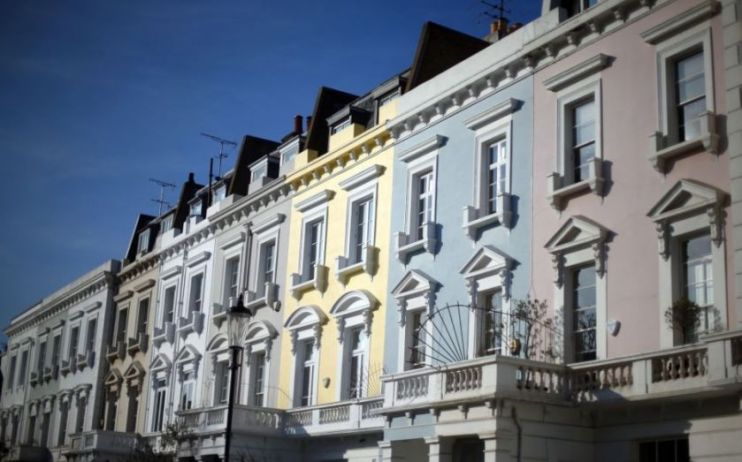House price inflation surge shows ‘little’ signs of slowing

There is “little evidence” to show house price inflation will slow down as prices continue to be driven by historically low stock levels.
Despite warnings of a recession on the horizon, current property activity continues to be buoyant, according to the latest RICS Residential Market Survey.
Its April survey found that supply of homes on the market and new listings continues to be sparse.
Some +10 per cent respondents acknowledged an increase in new buyers’ enquiries, while stock levels remained incredibly low at 38 per agency.
A gap in supply and demand has seen house prices continue to shoot up, with 80 per cent of respondents to RICS survey noting an increase in prices. This was more than March’s figure of 74 per cent.
“There is little evidence at this stage of house price inflation losing much momentum, while expectations for the coming twelve months have only moderated slightly from recent highs,” RICS economist, Tarrant Parsons, said.
Although cost of living pressures and higher interest rates loom over the market, it continues to mark “modestly positive trends in new buyer enquiries,” Parsons added.
Demand was “now robust rather than fierce,” as economic anxieties grow, Tom Bill, head of UK residential research at Knight Frank, added.
“Supply remains stubbornly low, which is largely the result of a vicious circle that means owners are holding back from listing because they cannot find anywhere to buy themselves,” he explained.
House prices stand at an average of £286,079, a 10.8 per cent leap year-on-year, according to the latest Halifax Price Index.
It comes as Savills said its board remained confident in its expectations for 2022, ahead of the estate agent’s AGM yesterday afternoon.
However, the firm’s chief executive Mark Ridley acknowledged “a number of heightened macro-economic, geopolitical, supply chain and, in some locations, continued COVID-related risks both to investors and corporates and to people’s personal lives.”